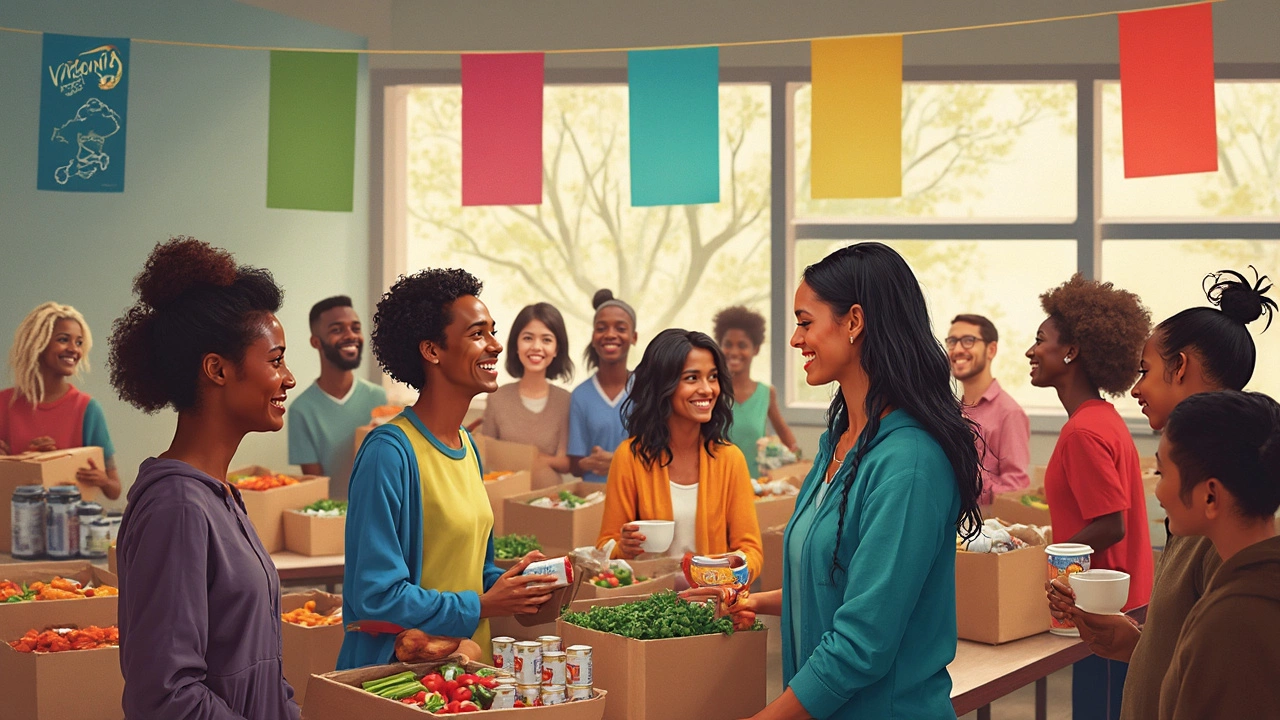Food Assistance – How to Get the Help You Need
Struggling to put meals on the table is tough, but you’re not alone. Across the country, charities, churches, and council services run food assistance programs that are ready to help. The first step is to know where to look and what to expect. Below you’ll find clear, down‑to‑earth advice on finding food banks, understanding eligibility, and even ways you can give back.
Where to Find Food Assistance Near You
Start with your local parish or community centre – many run weekly food parcels or “food bank” collections. A quick call or a look at their website usually shows the drop‑off days and what you need to bring (often just a photo ID). Council social services also maintain a directory of registered food banks and emergency voucher schemes. If you have a smartphone, search “food bank near me” and add your town name; the results will point you to the nearest hubs.
Don’t forget grocery store “food rescue” programmes. Some supermarkets partner with charities to give away surplus stock at the end of the day. These are usually free, no‑questions‑asked, and can stretch your budget a lot further. Lastly, schools and youth clubs sometimes distribute snack packs to families in need – ask a teacher or youth leader if they have a referral system.
How You Can Support Food Assistance Programs
If you’re in a position to help, volunteering is a simple way to make a big impact. Most food banks need hands for sorting, packing parcels, or delivering to homes. A few hours a month can keep the shelves stocked and the lines moving. Even if you can’t spare time, regular donations of non‑perishable items (canned beans, pasta, rice) are always welcome. Check the bank’s list – they often need specific products like baby formula or gluten‑free options.
Financial contributions are another powerful tool. Many charities run online fundraising drives that turn cash into bulk food purchases, stretching every pound further than a grocery list could. If you’re looking for tax benefits, charitable giving receipts can be used for deductions in your next tax return.
Finally, spread the word. Talk to friends, post on community Facebook groups, or hand out flyers at local events. The more people who know where help exists, the fewer families will slip through the cracks.
Remember, asking for help is a sign of strength, not weakness. Food assistance programs are built on the idea that everyone deserves a decent meal, no matter the circumstance. Use the tips above to locate resources fast, and consider giving a little back when you can – it’s a win‑win for you and the whole community.

Is There Really a $900 Grocery Stimulus for Seniors? The Truth Behind Senior Food Assistance in 2025
Curious about the $900 grocery stimulus for seniors in 2025? Learn the facts, scams to avoid, and solid tips to navigate food assistance programs for seniors.
Read More
Virginia Food Box Program: What You Need to Know
The Virginia Food Box Program is an initiative aimed at ensuring all communities have access to essential foods. This program provides nutritious, shelf-stable items to those in need across Virginia, serving as a crucial resource for those facing food insecurity. Discover how this program operates, its success stories, and tips on how you can help or receive assistance. With the growing need for food assistance, the Virginia Food Box Program plays a significant role in community support.
Read More




